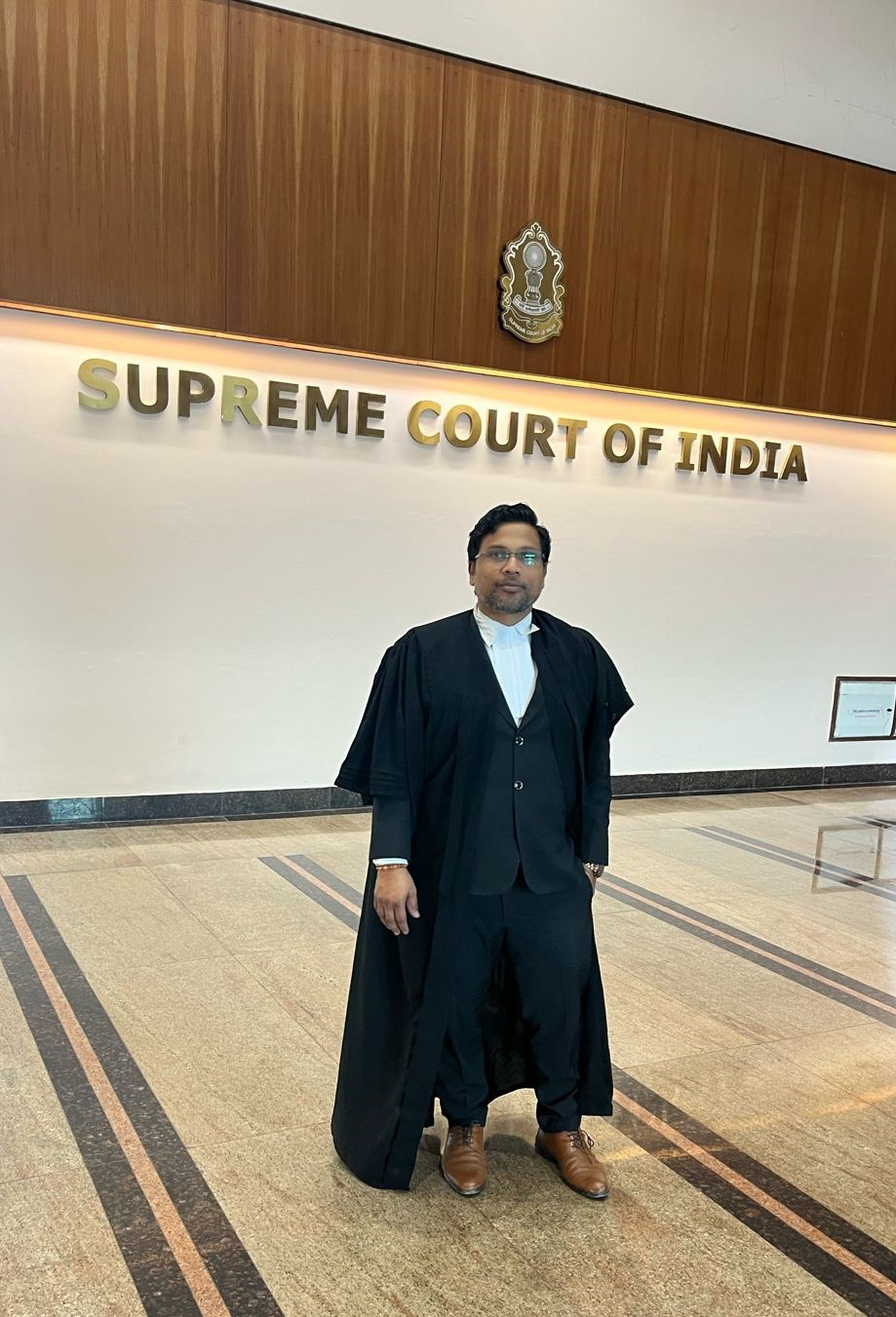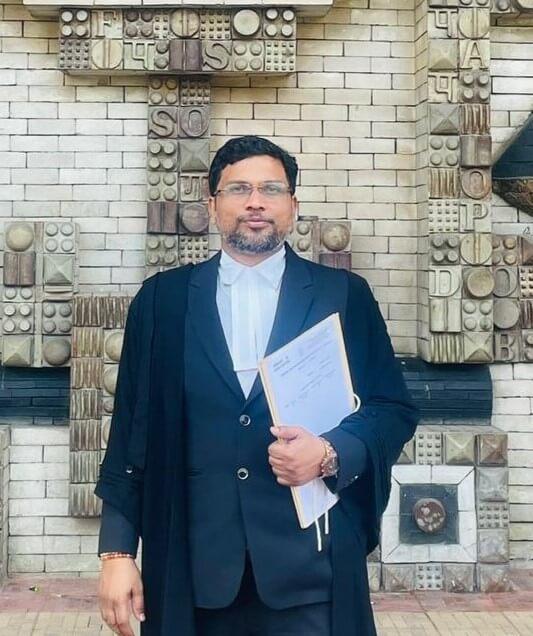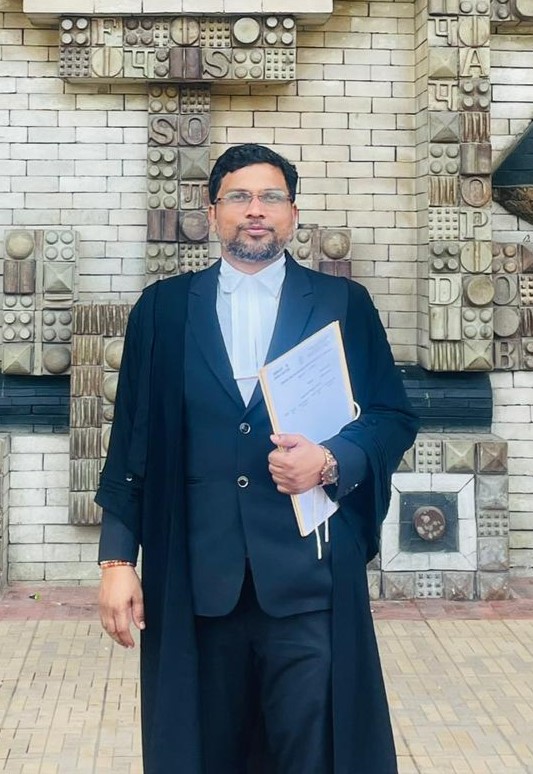What Does a Lawyer Do to Win a Personal Injury Case? Personal injury cases are more complex than legal battles. Whether it’s a car accident workshop injury, or some kind of personal injury that can change the way you live. So the implementation of a lawyer in personal injury cases is important to give justice to the victim. In this blog, we will cover the aspects of how a lawyer helps to win a personal injury case. Making a Consultant with the Client The first and most important thing is to consult with the individual. This is a crucial step that everyone follows. The lawyer listens to the client carefully to the details of the case. Some questions helped to understand the lawyer if there were some negotiations available to give the damage to the client. The questions and the interaction with the client help to present the case to the court. Sometimes the personal injury cases meet certain conditions like demanding money, presenting witnesses, and giving the rights to the victim. A good lawyer will listen and clear all the doubts about where the legal provisions will apply in the case. Investigating for Evidence If any personal damage case happened then the evidence is necessary for the case. The lawyer finds every single piece of evidence to make the case strong in court from the damage that happened to the charges applied to it. If the injury involved a car accident, a police report is enough to present the victim and the situation. Some police action also involves photos and videos to make the case. The medical report of the victim and the accused helps to link the accident and the injuries. A lawyer also brings the surrounding people present at the location as a witness of the case. They can also provide medical professionals and accident reconstruction specialists as a strong witness in the court. Negotiating in the Court One of the biggest challenges in personal injury cases is to provide the best outcome for the victim. Sometimes the victim wants to settle the case outside the court and this helps to reduce the time and effort. Damages in personal injury cases are covered on the basis of medical bills, lost wages, rehabilitation costs, and any other property damages. Some cases also involve negotiation with the insurance companies. Insurance employees are trained to cut down the payouts to the victim. The lawyer ensures that the client is getting the best results out of it. The insurance companies may often show the wrong terms and conditions that are not relevant. The lawyer’s team makes sure that the action should be taken on the right papers without harming the potential of the victim.
Domestic Violence Cases Lawyer in Delhi
Types of Domestic Violence Domestic Violence and Relationships Domestic Violence Support and Resources Domestic Violence Prevention and Education Domestic Violence and Law Enforcement Domestic Violence Case Studies Domestic Violence and Specific Populations
Rajasthan High Court Judgment
Rajasthan High Court Judgment Late production of documents – Sound reason were furnished justifying delay for non-production of documents CPC – 0O.8R.1A(3) – Late production of documents, the court found that valid reasons were provided to justify the delay in submitting the documents along with the written statement. It is well established that courts should focus on delivering substantial justice, ensuring that procedural violations do not unduly prejudice the opposing party. As such, when a party files an application for the production of documents under O.8R.1A (3), the court should adopt a lenient approach. The court allowed the application, noting that the respondent-plaintiff retains the right to raise any objections regarding the admissibility of the documents before the trial court. The court emphasized that while procedural rules are important, they should not obstruct the fair administration of justice, and allowed the late production of the documents to ensure that the case is decided on its merits. Application Allowed.
Advocate in Delhi
Supreme Court Judgment. Accused were not traceable. Such conduct by itself is not reflective of a guilty mind. The absence of the accused when the police discovered the body and initiated proceedings after filing the FIR might stem from the instinct for self-preservation rather than guilt, even if the accused were innocent. This instinct could prompt the accused to avoid arrest until advised better and eventually surrender. Such behaviour doesn’t necessarily indicate a guilty conscience. If the accused were truly innocent, this act of self-preservation could simply be a reflex action rather than a sign of culpability. The natural inclination to avoid immediate arrest might be influenced by prudence until the accused gets sound advice to surrender. Therefore, this conduct alone may not serve as evidence of a guilty mindset.
Lawyer in Delhi.
#lawyerindelhi #advocateindelhi #lawfirmindelhi



